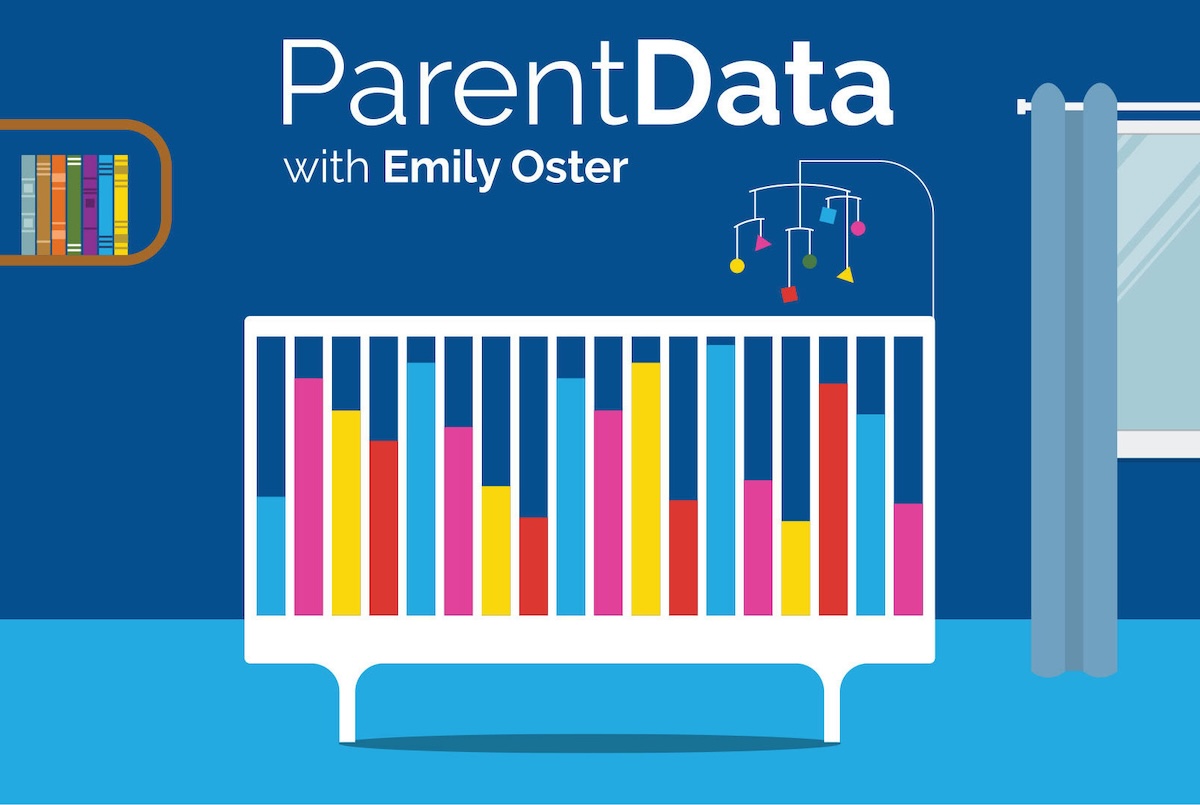My son is very short. We have been seeing our pediatrician to figure out why. Now we are considering treatment with growth hormone. Can you please do a deep dive into growth hormone prior to puberty? Pros, cons, efficacy?
—Mom of boy in 3-4 percentile
My experience with growth hormone extends beyond my professional expertise (although this issue is more typically addressed by my pediatric endocrinology colleagues). I have more than a decade of experience with growth hormone as a parent. Two of my four children have been diagnosed with and treated for growth hormone deficiency.
Years ago, when our wonderful general pediatrician suggested my son might have growth hormone deficiency, I was resistant. No one wants to hear there is something wrong with their kid. And navigating the process of getting him diagnosed, which involves multiple blood tests and an MRI, was one of my early parenting challenges. But there is data to turn to, including decades of clinical experience with growth hormone therapy.

Growth hormone is made in the pituitary gland and does more than affect how tall a person becomes. It stimulates muscle and bone development and decreases the development of fat around the organs in the midsection. It also affects blood sugar metabolism. The idea of this treatment is to provide a child with synthetic growth hormone, in addition to their own.
There are several reasons you might treat a child with growth hormone prior to puberty. They include growth hormone deficiency but also idiopathic short stature (ISS) — the diagnosis we give when a child is very small (cutoffs vary) but we cannot identify a cause — children who were small for their gestational age who have not experienced catch-up growth, and a number of congenital syndromes and genetic disorders.
Generally, the goal of growth hormone treatment is to get kids closer to their expected height, which is based on the height of the parents and a calculation called “midparental height.”
In children with proven growth hormone deficiency, studies like this one show that when you treat with growth hormone, on average, they see an improvement from about three standard deviations below their predicted height at the time growth hormone was started to about 0.6 standard deviations below their midparental height when they reach their adult height.
The data suggest that these kids see gains in bone density as well. A French registry study indicates that when you start treatment matters. Children who started growth hormone therapy at a younger age had a more robust response to treatment.
For children with ISS, the quality of the data available is not as strong and the gains in height seen are less clear. Some children seem to benefit more than others. Here again, kids who start treatment earlier benefit more. Kids who are taller and kids whose parents are taller seem to see more robust growth. Kids who respond well in the first year of treatment also seem to respond better overall.
Growth hormone in the doses typically given to children with growth hormone deficiency and ISS haven’t been shown to cause significant issues. Large doses have been shown to accelerate the onset of puberty.
In theory, very large doses could lead to increased pressure around the brain, changes in the bones of the jaw and forehead, heart failure, and changes in glucose metabolism. However, our understanding of these issues is not based on studies of children taking growth hormone but rather on our observations of people who make too much growth hormone on their own, a disease called acromegaly.
One of the biggest considerations is keeping up with the treatment itself. Treating a child with growth hormone is a commitment in both time and money. Growth hormone is given as a daily or weekly injection. Once it’s started, most children receive treatment until puberty. To obtain insurance coverage, your doctor will need to submit documentation annually. Without coverage, growth hormone can cost $1,000 or more per month, and children are treated for an average of seven years.
I took a very unscientific poll of my two children, both teens, one who has finished growth hormone and one who is currently taking growth hormone. Both reported being glad we had chosen to treat them.
In summary, growth hormone has been shown to significantly improve not just height but bone density and body composition in children with growth hormone deficiency. The benefits in children with idiopathic short stature are less clear. There are few side effects of growth hormone in typical doses, but treatment is a commitment often lasting several years.
Community Guidelines
















Log in
What is the cutoff percentile suggested to asking about testing and treatment options? Also at what age is optimal to start (sooner the better but how young does this usually get “diagnosed”?)
Also very interested in these answers!